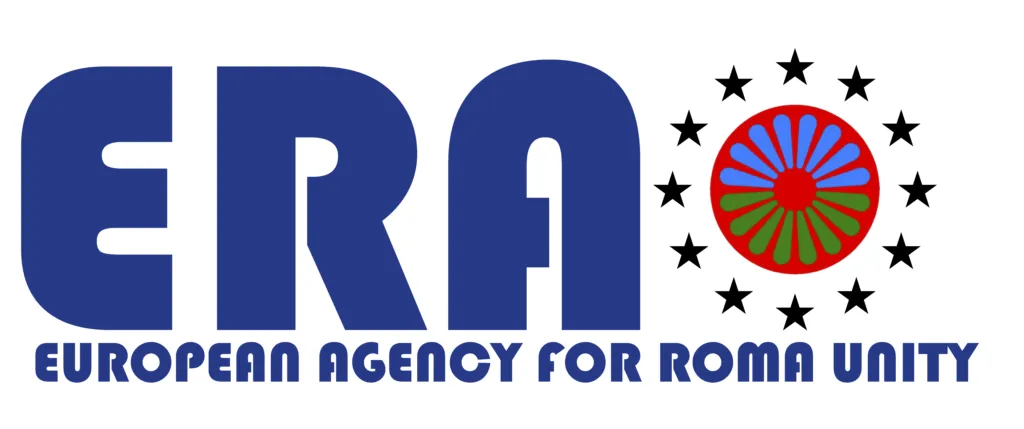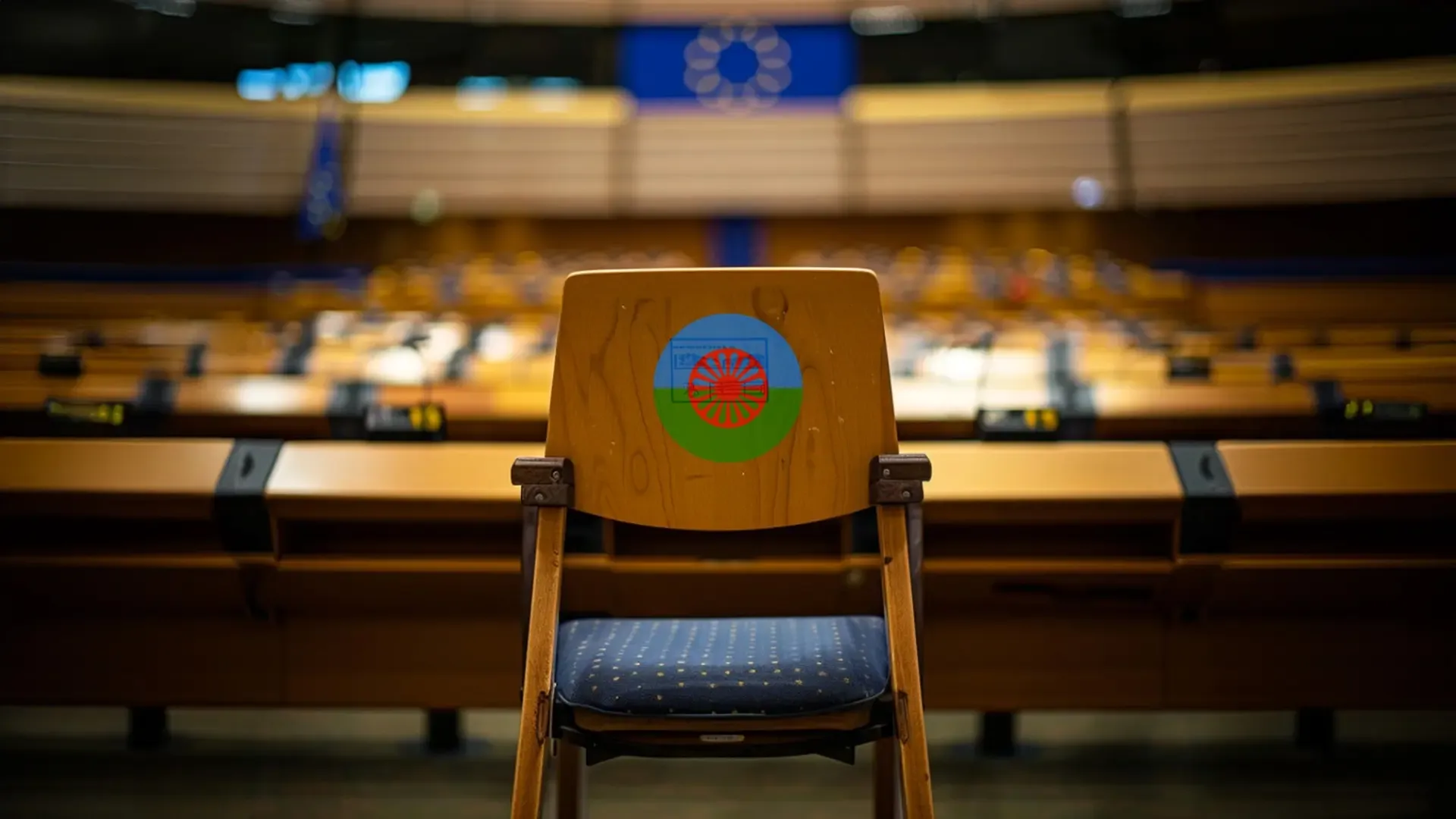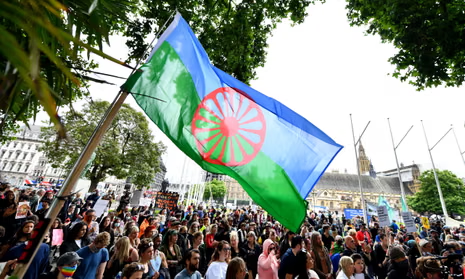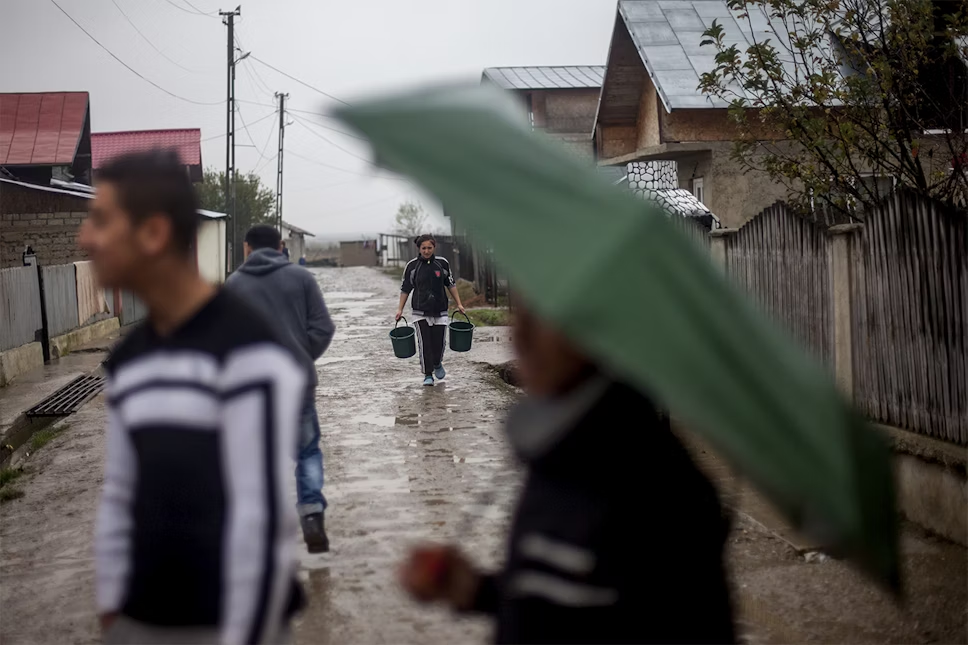For too long, the Roma community has been spoken about but not listened to. We are the largest ethnic minority in Europe, yet our voices are often fragmented, our leaders under-resourced, and our potential underutilized. If Roma are to shape their own destiny, one thing is clear: we must strengthen Roma leadership at all levels and unite around constructive solutions.
Leadership as the key to self-determination
Leadership is not about positions or titles, it is about responsibility, vision, and the ability to inspire collective action. For Roma communities, leadership means the capacity to represent our people’s needs, defend our rights, and create opportunities for future generations. Without strong Roma leadership, decisions will continue to be made for us rather than by us.
From blame to construction
It is easy to blame others for our struggles, governments, institutions, or even divisions within our own communities. But blame does not build schools, create jobs, or improve healthcare. What we need is construction, not destruction. Even when criticism is necessary, it must be constructive, pointing towards solutions rather than tearing down efforts. Only then can we break the cycle of mistrust and stagnation.
Unity, not uniformity
Unity is our greatest chance. But unity does not mean uniformity. We do not need everyone to think the same way, nor to silence the diversity of our voices. Instead, unity means bringing together our wide range of skills, knowledge, and ideas into a shared vision for progress. It is in our diversity of talents that we find strength.
When Roma activists, professionals, community leaders, and youth work together each contributing their own expertise—our collective power multiplies. This is how movements grow and how change becomes possible.
Numbers are not enough without leadership
We often say that Roma are a force in numbers, but numbers alone are not power. Power comes from organization, coordination, and effective leadership. Without strong, strategic, and accountable leaders at local, national, and European level, Roma communities remain vulnerable to manipulation, exclusion, and broken promises.
Building the leadership we need
Strengthening Roma leadership requires:
- Investing in Roma youth and women, to prepare the next generation of leaders.
- Capacity building for Roma NGOs and grassroots organizations, ensuring they have the tools to advocate effectively.
- Mentorship and solidarity networks that connect Roma leaders across countries and sectors.
- Transparency and accountability, so that Roma leadership earns and keeps the trust of the community.
Conclusion: Our future in our hands
The power of unity, guided by effective leadership, is our chance to create the change we want. Roma leadership must not only react to the challenges we face but also set the agenda for our future. If we believe in ourselves, invest in our leaders, and work together with constructive spirit, then Roma will no longer be spoken about as a forgotten minority, but as a force of progress and equality in Europe.






